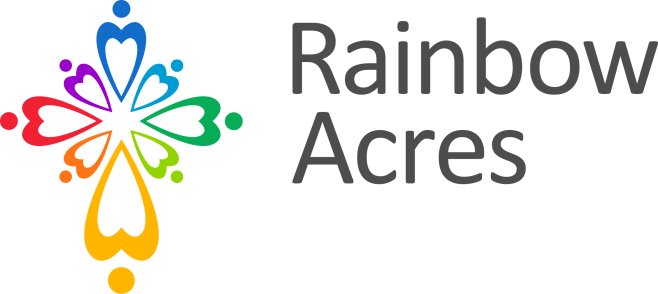What is Autism?
Autism, also known as Autism Spectrum Disorder (ASD), is a developmental disorder that affects communication, social interaction, and behavior. It is a neurodevelopmental disorder that can impact individuals in a variety of ways, and is considered a spectrum disorder because of the range of symptoms and severity that can be experienced.
Symptoms of autism can become apparent in early childhood, and can include challenges with communication and social interaction, as well as repetitive behaviors or interests. Some of the most common symptoms of autism include:
- Challenges with Social Interaction: Individuals with autism may have difficulty interacting with others and may struggle with understanding nonverbal cues such as facial expressions or body language. This can make it challenging for them to establish friendships or maintain social relationships.
- Communication Difficulties: Individuals with autism may have difficulty with verbal and nonverbal communication. They may have delayed language development, or may struggle with using language effectively to express their thoughts or feelings. They may also have difficulty understanding the communication of others.
- Repetitive Behaviors or Interests: Many individuals with autism exhibit repetitive behaviors or interests. This can include things like rocking back and forth, repeating the same word or phrase over and over, or having a very specific interest in a particular subject.
- Sensory Processing Issues: Some individuals with autism have difficulty processing sensory information. This can make them hypersensitive to certain stimuli such as loud noises, bright lights, or certain textures.
It is important to note that autism is a spectrum disorder, and as such, the symptoms and severity of the disorder can vary widely among individuals. While some individuals may have more pronounced challenges with communication and social interaction, others may exhibit more mild symptoms.
It is not entirely clear what causes autism, but it is believed to be a combination of genetic and environmental factors. There is no cure for autism, but early intervention and treatment can help individuals with autism to develop skills and strategies to manage their symptoms and improve their quality of life.
Autism is a neurodevelopmental disorder that affects communication, social interaction, and behavior. It is a spectrum disorder, which means that the symptoms and severity of the disorder can vary widely among individuals. Early intervention and treatment can help individuals with autism to develop skills and strategies to manage their symptoms and improve their quality of life.
Rainbow Acres goes beyond being a mere group home for adults facing mental and developmental challenges. Functioning as a neurodiverse ranch-style residential community, we collaborate with each Rancher and their family to understand their unique needs, crafting a personalized living and health plan that aligns with their preferences.
How an autistic adult could benefit from living in a community for adults with developmental disabilities
Autism is a developmental disability that affects an individual’s ability to communicate, socialize, and interact with others. Autistic adults often face unique challenges when living independently and may benefit from living in a community for adults with developmental disabilities. In this blog, we will explore how an autistic adult could benefit from living in such a community.
- Social Connection
Living in a community for adults with developmental disabilities can provide autistic adults with the opportunity to socialize with others who share similar challenges and experiences. Social isolation is a common problem for autistic adults and living in a community can help alleviate this issue by fostering social connections and providing opportunities for group activities and events.
- Supportive Environment
Many communities for adults with developmental disabilities offer a supportive and structured environment that can help autistic adults thrive. These communities often have trained staff who specialize in providing support for individuals with developmental disabilities, including autism. Staff can help autistic adults with daily living skills, such as cooking, cleaning, and managing personal finances.
- Safety and Security
Living in a community for adults with developmental disabilities can provide a safe and secure environment for autistic adults. These communities are often designed with safety features in mind, such as wheelchair accessibility and secure entrances. Additionally, staff members are trained to handle emergencies and can quickly respond to any medical or safety concerns.
- Access to Services and Resources
Communities for adults with developmental disabilities often offer a range of services and resources to help residents live a fulfilling and independent life. These services may include healthcare, vocational training, and recreational activities. Autistic adults can benefit from these services and resources to help them develop skills and pursue their goals.
- Sense of Community
Living in a community for adults with developmental disabilities can provide a sense of community and belonging. These communities often offer opportunities for residents to participate in group activities and events, such as movie nights, game nights, and holiday celebrations. This sense of community can help autistic adults feel more connected and supported, leading to improved overall wellbeing.
Living in a community for adults with developmental disabilities can offer many benefits for autistic adults. These communities can provide a supportive environment, social connections, safety and security, access to services and resources, and a sense of community and belonging. If you are an autistic adult or a caregiver for an autistic adult, consider exploring the options available for living in a community for adults with developmental disabilities. It may be a great option to help you or your loved one thrive and live a fulfilling life.
How an autistic adult could benefit from living at Rainbow Acres
Rainbow Acres goes beyond being a mere group home for adults facing mental and developmental challenges. Functioning as a neurodiverse ranch-style residential community, we collaborate with each Rancher and their family to understand their unique needs, crafting a personalized living and health plan that aligns with their preferences. Fostering a secure and supportive environment, coupled with compassionate and holistic care, establishes a solid foundation for every Rancher to thrive within this community they proudly call home.
Our tailored living and health plan kickstarts by assisting residents in setting meaningful goals across various facets of their lives – be it physical and emotional well-being, educational pursuits, vocational skills, effective money management, or transitioning towards semi-independent living.
Within our resident population, we embrace a diverse range of mental and developmental disabilities, including autism, Down syndrome, developmental delay, ADHD, birth hypoxia, bipolar disorder, Asperger’s, anxiety, depression, and more. Rainbow Acres is committed to providing a secure, dynamic, and uplifting environment that empowers individuals with developmental disabilities to unleash their fullest potential.

